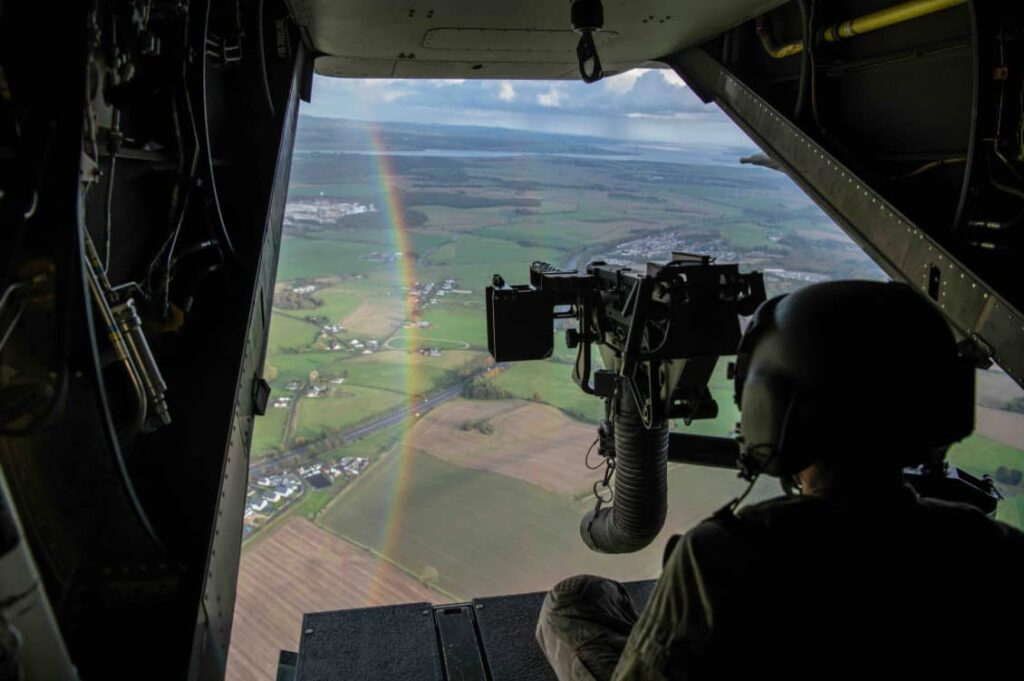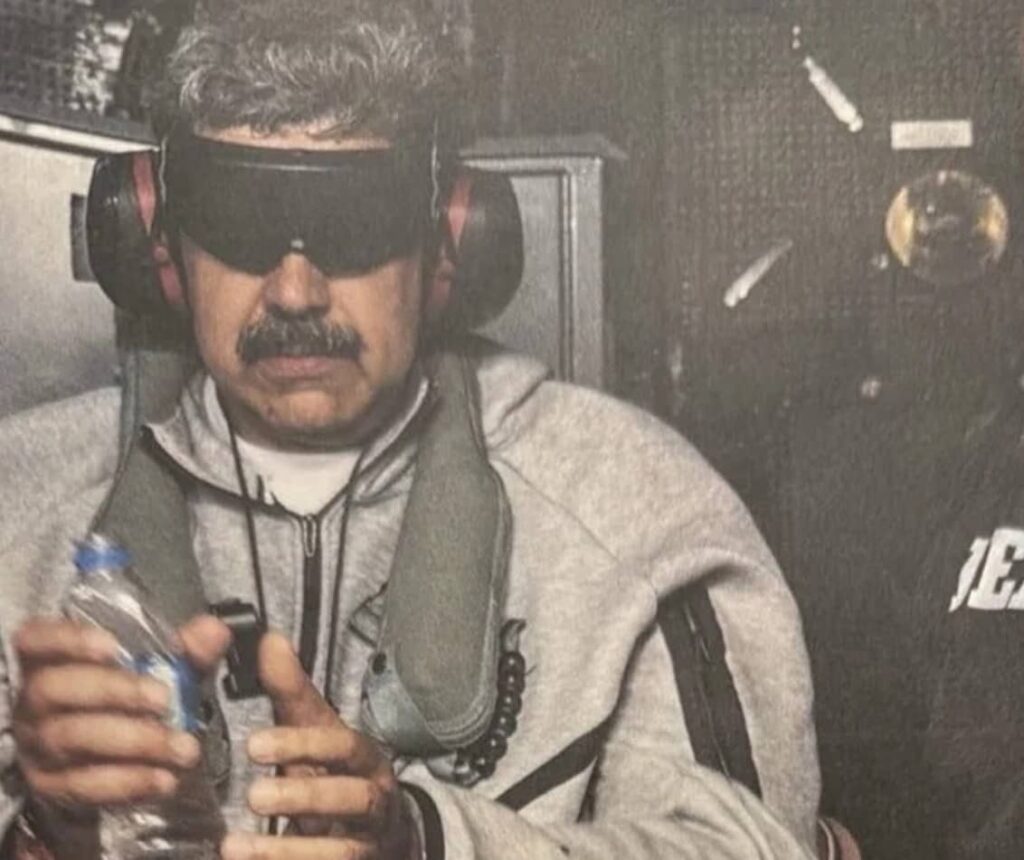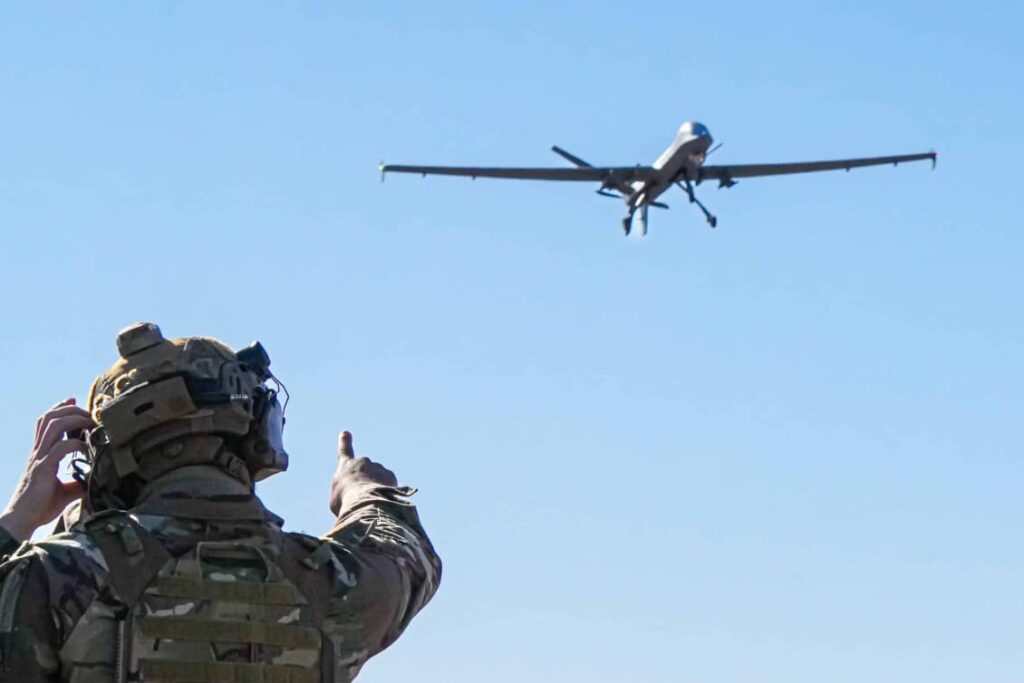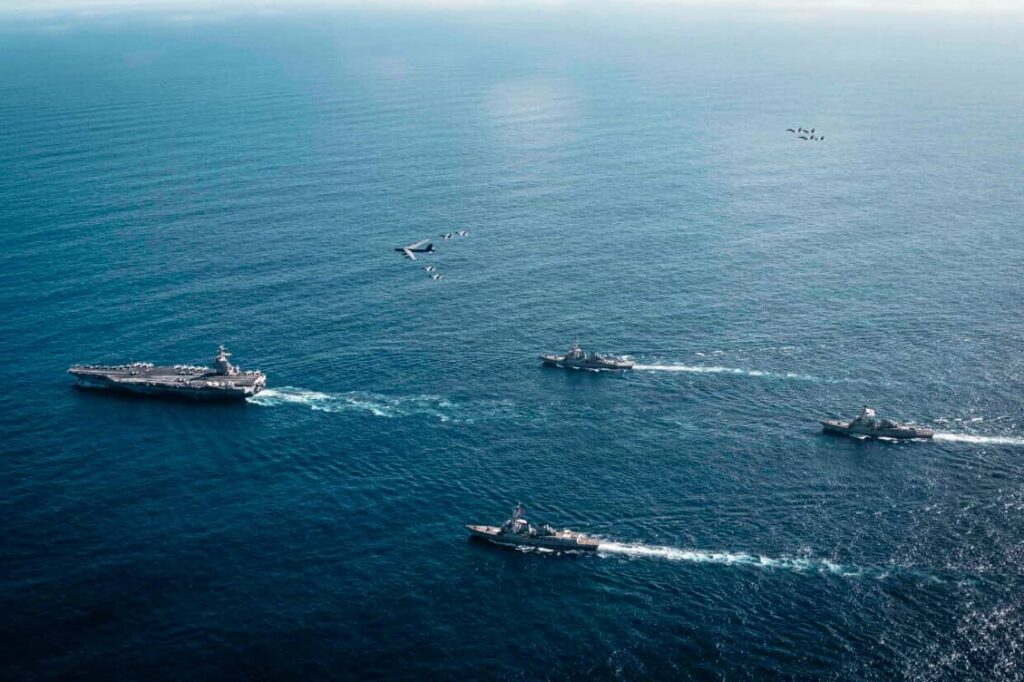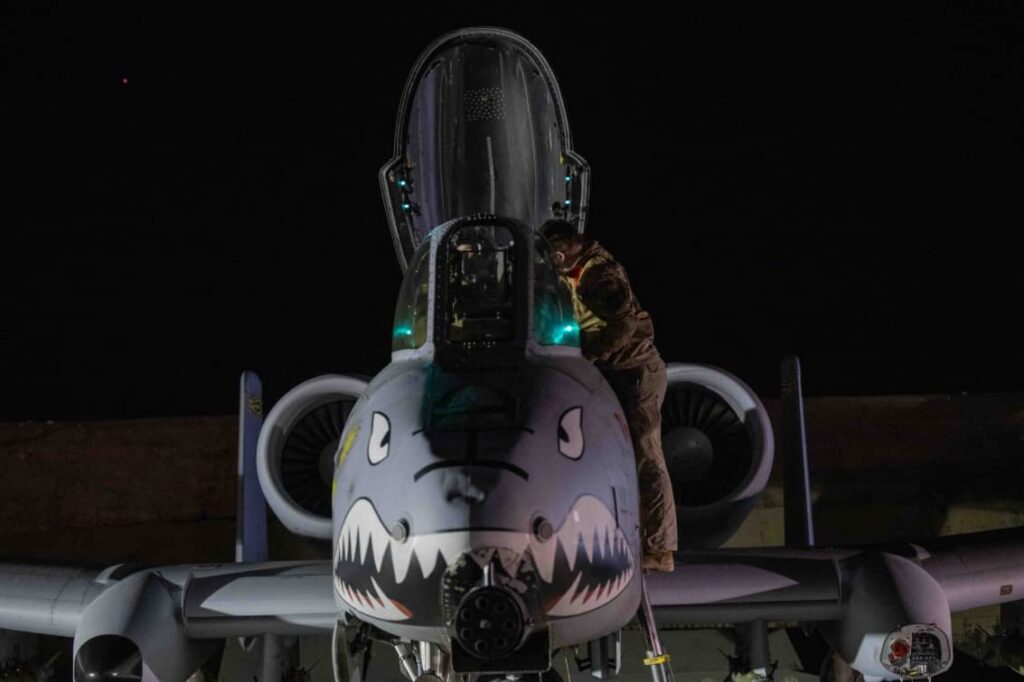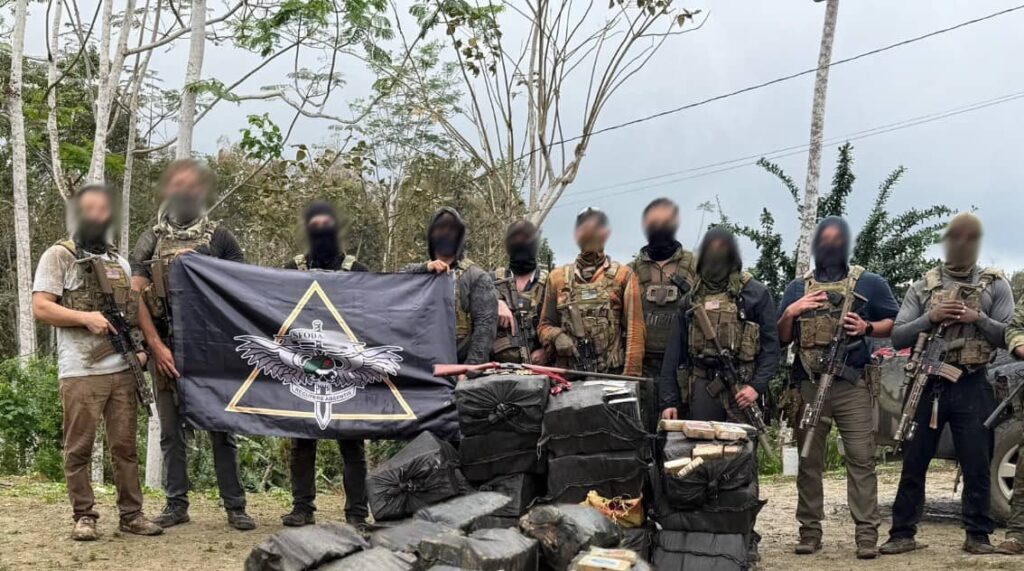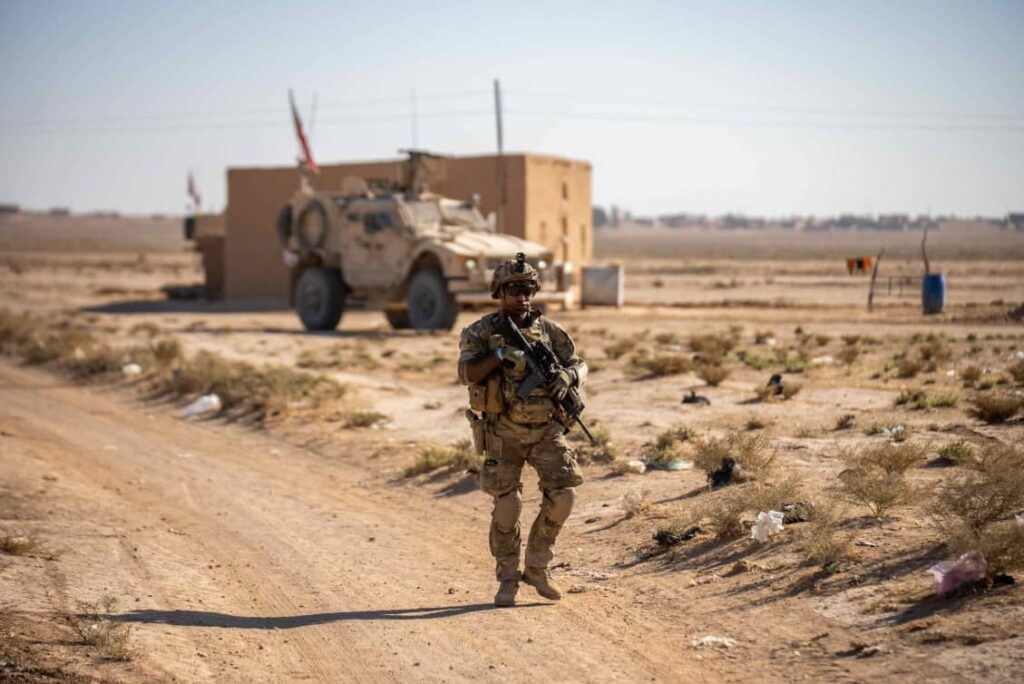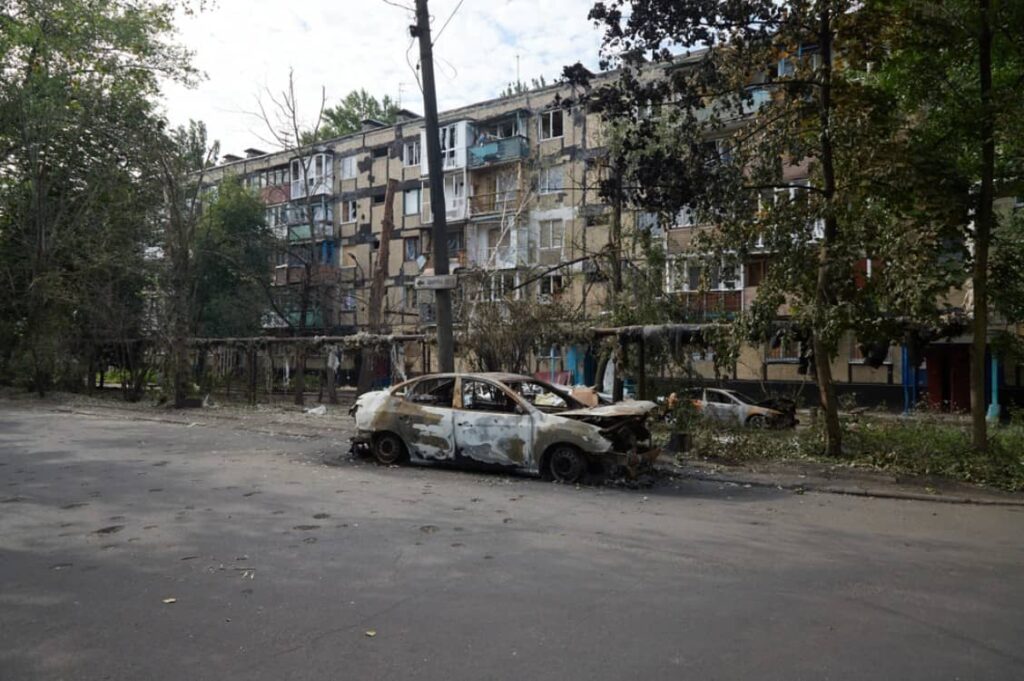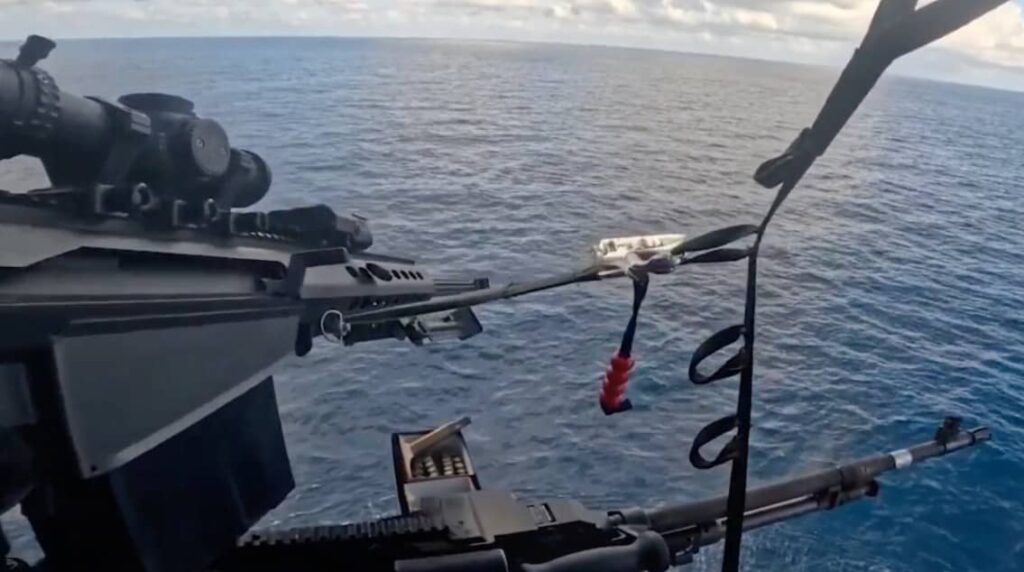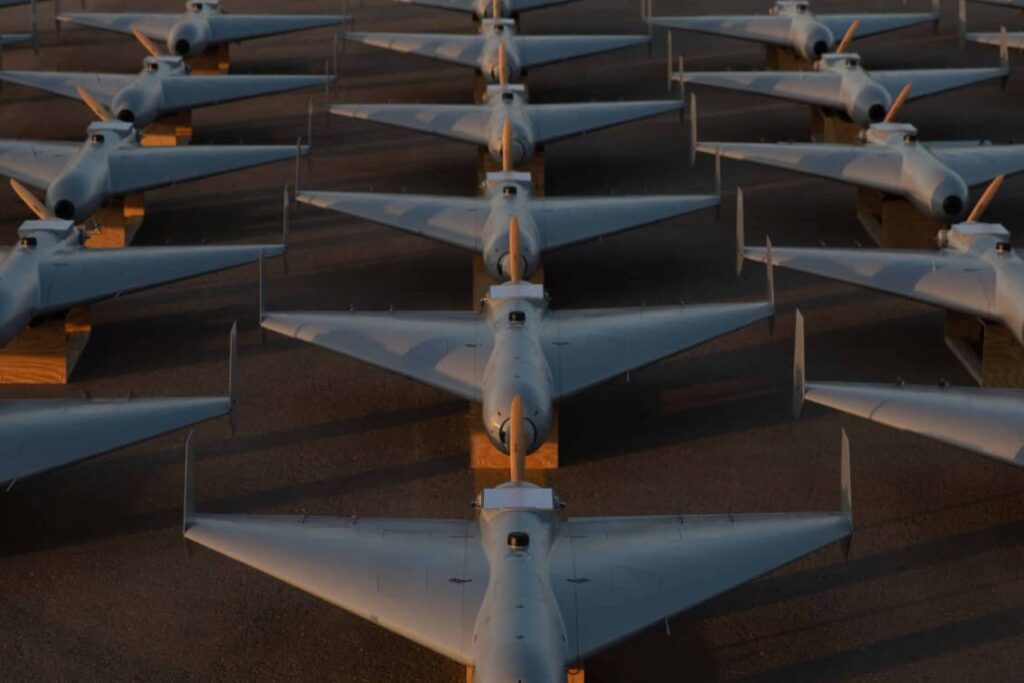Trump Prepares for Military Action in Nigeria
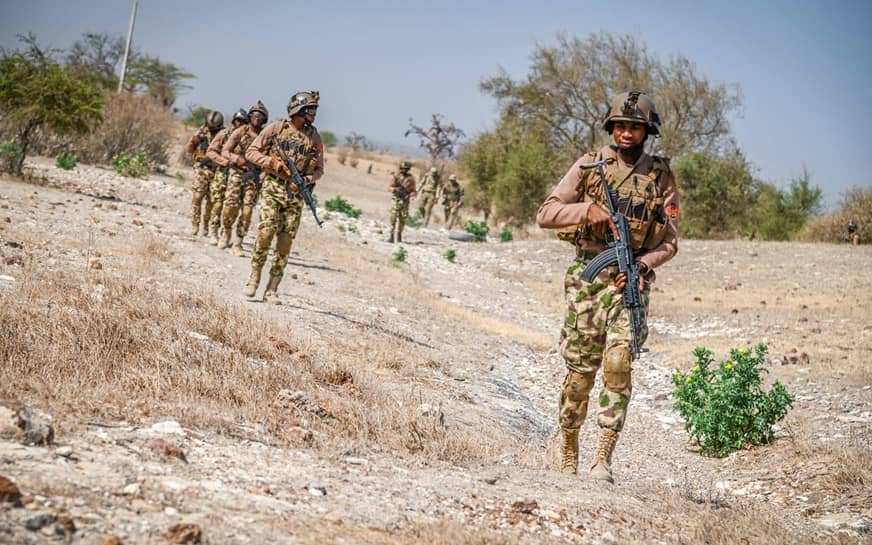
President Donald Trump escalated international rhetoric by announcing on social media that he had instructed the U.S. Defense Department to “prepare for possible action” in Nigeria. This directive stems from allegations of the Nigerian government’s failure to curb the killing of Christians by Islamic terrorists. Trump’s post was direct and forceful, warning that if Nigeria continues to permit such atrocities, the United States would immediately halt all aid and assistance to the country. He went further, suggesting potential military intervention, describing it as going into the “now disgraced country, ‘guns-a-blazing,'” to eradicate the terrorists responsible. Emphasizing the urgency, Trump characterized any U.S. attack as “fast, vicious, and sweet,” mirroring the brutality inflicted on Christians. He concluded with a stark warning: “THE NIGERIAN GOVERNMENT BETTER MOVE FAST!”
This announcement drew an immediate response from Secretary of Defense Pete Hegseth, who affirmed Trump’s orders with a concise “Yes sir” on X (formerly Twitter). Hegseth echoed the president’s concerns, stating that the killing of innocent Christians in Nigeria—or anywhere—must cease immediately. He confirmed that the “Department of War” (a term Hegseth used, possibly harkening to historical nomenclature) is actively preparing for action. Hegseth’s statement reinforced the ultimatum: either the Nigerian government protects its Christian population, or the U.S. will target and eliminate the Islamic terrorists committing these acts. NBC News sought comment from the Nigerian embassy, indicating an effort to gather official reactions amid the brewing diplomatic storm.
The following day, Sunday, Nigerian presidency spokesperson Daniel Bwala addressed the escalating situation in an interview with Reuters. Bwala expressed openness to U.S. assistance in combating Islamist insurgents, but with a key caveat: such help must respect Nigeria’s territorial integrity. He conveyed optimism about future dialogues, suggesting that a meeting between the two leaders—Trump and Nigerian President Bola Ahmed Tinubu—could yield positive outcomes in their shared fight against terrorism. This response highlights Nigeria’s willingness to collaborate while safeguarding its sovereignty, potentially averting a full-blown conflict.
Trump’s threats follow his recent designation of Nigeria as a “country of particular concern” (CPC) on Friday, a label assigned by the U.S. to nations engaging in “particularly severe violations of religious freedom.” This list includes authoritarian regimes like China, Cuba, and North Korea, underscoring the gravity of the accusation. The CPC status signals potential sanctions or diplomatic pressures, aligning with Trump’s broader foreign policy focus on religious freedoms, particularly for Christians.
In response to the CPC label, President Tinubu took to X on Saturday morning to defend his nation’s record. He argued that portraying Nigeria as religiously intolerant misrepresents the country’s reality, emphasizing that religious freedom and tolerance are foundational to Nigerian identity and will remain so. Tinubu firmly stated that Nigeria opposes religious persecution and does not condone it, aiming to counter the narrative pushed by Trump.
The Nigerian government further elaborated in an official statement from the Ministry of Foreign Affairs, reaffirming its commitment to combating “violent extremism.” The statement drew parallels between Nigeria and the U.S., noting that both nations must celebrate diversity as a strength. It portrayed Nigeria as a “God-fearing country” that upholds faith, tolerance, diversity, and inclusion, in line with international norms. This defensive posture seeks to mitigate the damage from the U.S. designation and Trump’s threats, while highlighting ongoing efforts against insurgency.
Contextually, this isn’t the first time Nigeria has faced such scrutiny under Trump. During his initial presidency, he similarly labeled Nigeria a CPC, a decision reversed in 2021 by the Biden administration. Then-Secretary of State Antony Blinken determined that Nigeria no longer met the criteria for inclusion, citing improvements or insufficient evidence of severe violations. The reinstatement under Trump marks a reversal, reflecting his administration’s renewed emphasis on religious liberty issues globally.
The situation in Nigeria involves complex security challenges, including attacks by groups like Boko Haram and other Islamist militants in the northern regions, which have targeted Christians and led to displacement and deaths. Human rights organizations have documented these incidents, though the Nigerian government insists it is actively addressing them through military operations and international partnerships. Trump’s interventionist stance could strain U.S.-Nigeria relations, a key ally in West Africa for counterterrorism and economic ties. Aid from the U.S. to Nigeria includes military support, humanitarian assistance, and development programs, totaling hundreds of millions annually—cuts could exacerbate instability.
As of now, no immediate military actions have been confirmed, but the rhetoric suggests a potential flashpoint. Diplomatic channels may open soon, especially with Bwala’s mention of leader-level talks. Observers are watching for de-escalation, as unilateral U.S. action could violate international law and complicate alliances. Trump’s approach aligns with his “America First” policy, prioritizing protection of religious minorities abroad, but it risks broader geopolitical repercussions in Africa. (Read More)
Source: NBC News

